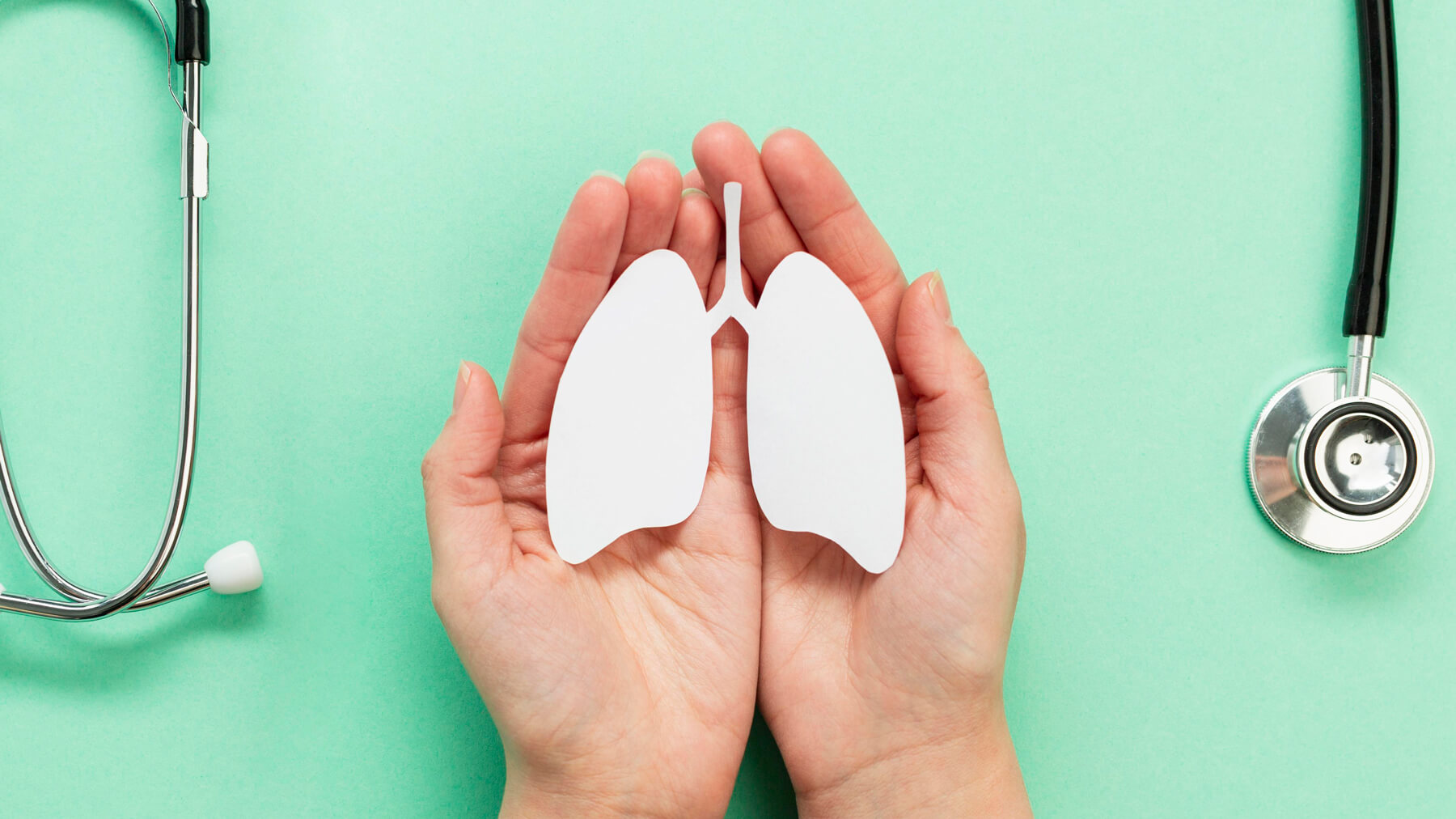
Communicable Disease Reporting
The investigation of reported communicable diseases and prevention of outbreaks are among the highest priorities of the Health Department. Staff works closely with New York State Department of Health and infectious disease specialists to investigate, prophylaxis and educate the public and inform local providers.

Flu
Influenza (flu) is a contagious respiratory illness. Young children, people who are 65 years and older or those with certain health conditions are at higher risk of serious flu complications. There are two main types of influenza (flu) viruses: types A and B and are responsible for seasonal flu epidemics each year. The best way to reduce the risk of flu and its potentially serious complications is by getting vaccinated each year.

For Providers
Resources for providers regarding the most common health concerns.

Immunizations / Vaccines
Vaccines protect people from serious disease and illness. Vaccines can be administered through needle injections, but some can be administered by mouth or sprayed into the nose and are used to stimulate the body’s immune response against diseases. Vaccines are recommended from birth through adulthood.

Locations and Contact Information
Need our services? See our locations and contact information.

Maternal Health
This program promotes the health and well-being of women, infants and children through education and outreach with providers, agencies and the community.

Sexually Transmitted Diseases
Sexually transmitted diseases (STDs), or sexually transmitted infections (STIs), are infections that are passed from one person to another through sexual contact. Anyone who is sexually active could get a STD. Precautions can be taken in order to protect yourself from STDs including vaccination, monogamy, use of condoms and testing. Many STDs can be easily diagnosed and treated. If either you or your partner is infected, both of you need to receive treatment at the same time to avoid getting re-infected.

Tuberculosis
Tuberculosis is a disease caused by bacteria. You usually get the bacteria in your lungs. The disease spreads when someone who is sick coughs or sneezes around you for a long time.

Mobile Public Health Unit
The Public Health Mobile Unit can provide vaccinations for adults and children in easily accessible locations. It allows Oneida County the ability to provide a fast public health response on site in an emergency and reduce barriers for access. To request the mobile public health unit, click here.







